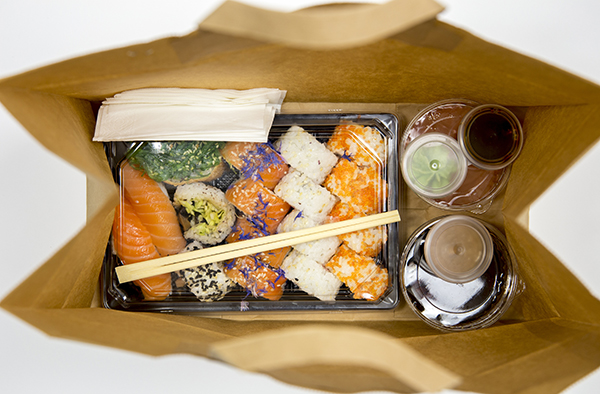IN AN AI WORLD, ENSURE YOUR FOOD SAFETY FUNDAMENTALS ARE ESTABLISHED
In October, I talked about how you could use artificial intelligence (AI) to enhance your food safety program. And while AI and other forms of technology are revolutionizing the way we work and live, there are some things related to food safety that technology can’t do for us. One of those things is making sure that we have a sound baseline of food safety programs in place within our businesses. With HACCP programs, we would refer to these as prerequisite programs.
At the core of every foodservice operation lies a commitment to the well-being of our guests. These prerequisite programs play a vital role in ensuring the safety and well-being of our guests and provide the framework that helps safeguard against potential hazards and upholds the highest standards of food safety. Without them in place, all other food safety programs – such as HACCP – would fail. These steps help us establish a systematic approach to prevent, identify, and control potential hazards that could compromise the safety of the food we serve.
Among the common prerequisite programs that help build this sold foundation for food safety program to thrive are knowledge, cleaning and sanitizing, personal hygiene, maintenance, supplier control, and pest control.
THESE PREREQUISITE PROGRAMS PLAY A VITAL HEY ROLE IN ENSURING THE SAFETY AND WELL-BEING OF OUR GUESTS AND PROVIDE THE FRAMEWORK THAT HELPS SAFEGUARD AGAINST POTENTIAL HAZARDS AND UPHOLDS THE HIGHEST STANDARDS OF FOOD SAFETY.
Knowledge: At the very base, in my opinion, is having basic food safety knowledge. This knowledge starts with passing a reputable food safety training program and becoming certified. If you’d like to know about the different certification programs, check out our blog from a month or two ago discussing these. Are these training programs the be-all and end-all of food safety? Of course not. Many people have the knowledge of how to do something, but don’t do it. Everyone knows they should eat fruits and vegetables each day and exercise, does everyone do it? No! Most people know you should not speed. Does everyone do it? No! But the truth is that you can’t practice something you simply don’t know. So, it all starts with knowledge. You must know basic food safety principles.
Cleaning and Sanitizing: Thorough and regular cleaning of food preparation surfaces, utensils, and equipment is essential to eliminate contaminants. Sanitizing further reduces the risk of harmful microorganisms, ensuring a safe environment for food handling and preparation. Have an SOP in your business and make sure your employees know how to properly do it.
Personal Hygiene: The importance of personal hygiene cannot be overstated. Proper handwashing, the proper use of gloves, and employee health monitoring contribute significantly to preventing the spread of pathogens and ensuring you are serving safe food.
Maintenance: The equipment we use in foodservice operations are, let’s just say, well used. At times, they are not so well loved. This is hard to do in some operations where you have limited staff and sometimes limited knowledge of proper maintenance but is critical in preventing potential hazards. Regular inspections and proactive maintenance practices ensure that equipment functions as intended, reducing the risk of contamination or proliferation of microorganism.
Supplier Control: The safety of the food we accept into our establishment is critical. Thus, making sure our suppliers have effective control measures in place that protects the integrity of raw materials is vital to help mitigate the risk of foodborne illness.
Pest Control: Implementing effective pest control measures, including regular inspections, proper waste disposal, and sealing entry points, safeguards the facility from contamination. Make sure employees know how vital this is and report any pest sightings.
Each and every foodservice operation will be just a bit different in terms of which programs they need. While you may not need a full-HACCP program in your foodservice operation, you do need to have the basics. Take time today to make sure your basics are in-place and that they are functioning like you think they should be.
Later this month, we will be releasing our fourth and final SafeBites Webinar for the year, “Cold and Flu: Prepare for the Season…it’s Coming!,” which will present strategies to help control the cold and flu in your business this season and protect your employees and your guests. We hope that you will have some time this Holiday season to listen to it. If you have any food safety questions, I’m just a quick email away and am happy to help with whatever you might be wondering about. Risk Nothing.









